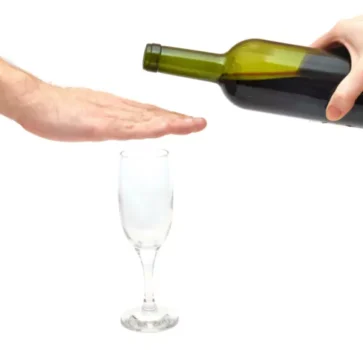Alcoholic Neuropathy: Causes, Symptoms, & Treatments
- mars 29, 2024
- 0

Beyond the numbness, tingling, and debilitating pain, it often accompanies sudden alcohol intolerance, rendering what was once a social indulgence into an unbearable trigger for worsening symptoms. The symptoms can range from minimal and uncomfortable to painful and debilitating. Keep moving forward, one day at a time, and appreciate the hard work you put in along the way.
The medical community has recognized that addiction is a disease and some people are predisposed to it. As a result, it is usually necessary to get medical help to manage alcohol use disorder. In general, it takes years for alcoholic neuropathy to develop, so a long-standing history of heavy alcohol use is typical. Some people experience a faster onset and progression of alcoholic neuropathy than others. It’s not completely clear why some people are more prone to this complication than others. People with a lengthy history of alcohol misuse might experience loss of balance, pain, tingling, weakness, or numbness after drinking alcohol.

Counseling or therapy sessions can help manage stress, anxiety, or depression that may arise 4. By integrating these lifestyle and supportive measures into your life, you can effectively manage and recover from alcoholic neuropathy. Be patient with yourself and take each day at a time, celebrating progress and learning from setbacks along the way. In some cases, damage to nerves from heavy alcohol use is permanent but some treatments might help the symptoms. When you drink large amounts of alcohol, it depletes your body of Halfway house nutrients you need, like vitamin B12 and protein. Other related nutrient and vitamin deficiencies include niacin, thiamine deficiency, folate (folic acid), vitamin B1, vitamin B6, and vitamins A and E.
Early detection and treatment are key elements to managing a diagnosis of alcoholic neuropathy. Untreated alcoholic neuropathy continues to worsen over time, and the effects can be permanent. At Recovery Guide, our mission is to connect as many individuals struggling with mental health and substance abuse disorders to reputable treatment facilities. If you have difficulty controlling how often or how much alcohol you drink, schedule a screening for alcohol addiction with your doctor or a mental health provider. Alcoholic polyneuropathy can improve with some treatments, although damage already done to your nerves may be irreversible.

Studies have also found that two groups of people show a higher rate of alcoholic neuropathy than others. Some researchers believe the connection between alcohol misuse and poor nutrition may lead to alcoholic polyneuropathy. Antioxidants found in berries, peaches, cherries, red grapes, oranges, and watermelon, among other foods, aid in lowering inflammation and lessen alcohol neuropathy nerve damage. Additionally, it has been discovered that cranberries, blueberries, and grapes are rich in resveratrol, a potent anti-inflammatory substance. Alcoholic liver disease is more likely to develop if a person has consumed more than 30 grams of alcohol daily for more than five years.

Chanel completed internships at AspenRidge during her studies and eventually joined the team as a full-time primary clinician. Give us a call and we can help find the right treatment program for you or your loved one – even if it’s not ours! The diagnostic process may involve neurological examination, blood tests, and electromyography. Research suggests that up to 66% of people with AUD have some type of alcohol-related neuropathy. If you’d like to pursue a life without alcohol but want or need help getting started, you find your local Alcoholics Anonymous chapter or find the closest AA meeting to you.

Jordan continued her studies and earned a master’s in clinical and mental health counseling. Between post-graduate work and additional training courses, she honed her skills in treating first responders and military personnel from a trauma-informed perspective. Jordan describes her approach as eclectic but most beneficial and includes a combination of cognitive behavioral therapy, solution-focused therapy, emotion-focused therapy, and family-oriented practices. Once you and your doctor know what you’re up against, treatment can begin in earnest. In the meantime, if at all possible, try to limit your alcohol consumption, and don’t hesitate to contact a recovery center such as AspenRidge or one closer to home to help you through this trying time.